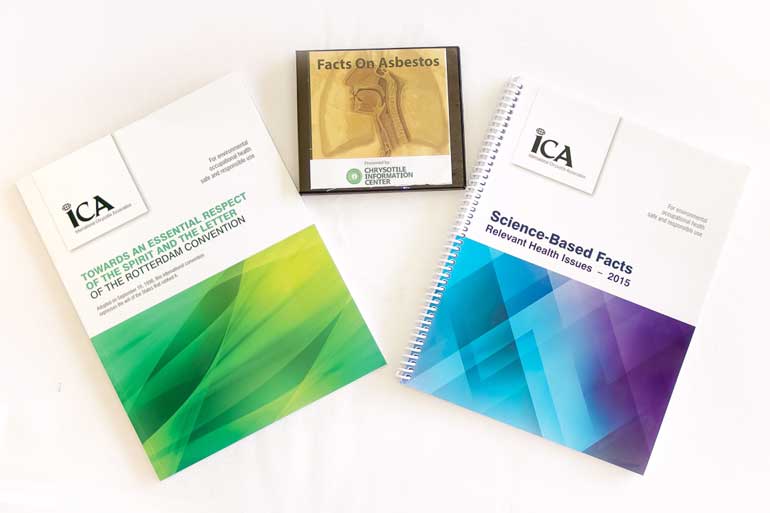Tuesday Feb 24, 2026
Tuesday Feb 24, 2026
Wednesday, 30 December 2015 20:16 - - {{hitsCtrl.values.hits}}

The Chrysotile Information Centre Asia, which is a non-profit organisation established to provide scientific information, public education and assistance in relation to the responsible and safe use of chrysotile, held a special knowledge sharing seminar at the Taj Samudra in Colombo. The session which saw the participation of a large number of medical professionals from around the island was called to educate the medical industry on the safe usage of chrysotile and to eradicate the misinformation about Chrysotile roofing sheets that is being circulated in the island.
Speaking at the seminar Dr. Somchai Bovornkitti MD, DSc Med, FRCP, FRACP, Hon. FACP, FRST who is an eminent professional in the field of chest medicine enlightened participants on ‘Asbestos Related Diseases in Thailand’. Bringing in his vast experience of how Thailand overturned a ban on chrysotile in his home country, Dr. Somchai highlighted many scientific facts that he has also cited in many journal papers written for the Royal Institute of Thailand.
During the second session of the seminar Chairman of the Technical Committee of the Asbestos Information Centre India and member of the Asbestos International Association Executive Committee V. Pattabhi spoke on the ‘Review of Scientific Facts of Cements with Chrysotile Fibres’. With 40 years of experience at Hyderabad Industries Ltd., he is also the expert assisting Dr. Lesage at the ILO in Geneva to draft a paper titled ‘Safety in the use of Asbestos’.
The two sessions were followed by a Q&A session where questions were raised on many areas such as the scientific backgrounds to asbestos variations, why developed nations have banned asbestos, why asbestos classification and differentiation has not been made public knowledge on a wider scale, the difference of chrysotile which is the only variant used in Sri Lanka and safe usage methods etc. All these questions were answered citing scientific knowledge and facts based on research carried out by the two speakers and other professionals on the subject.

Medical professionals present also showed keen interest in to conducting comprehensive health studies on chrysotile fibre in Sri Lanka after engaging with the two speakers. Information shared on the experiences of Thailand and India in particular saw many perception changes on Chrysotile amongst those present. Bans on chrysotile fibre usage in India and Thailand were revoked after conducting real case studies on the alleged impact to health.
As it is in the mandate of the Chrysotile Information Centre to provide objective information, trainings and seminars to workers, manufacturers, members of the public, governments and other relevant stakeholders regarding best practices for chrysotile fibre handling and usage, the centre hopes to organise many such events in the future as well.
The Chrysotile Information Centre also advocates for the mandatory inclusion of safe use programs, and works closely with local manufacturers and relevant government/regulatory bodies to raise awareness about the need for and benefits of safe use. It now has presence in Thailand, Malaysia, Vietnam, Laos, Cambodia, the Philippines, Sri Lanka and Pakistan.